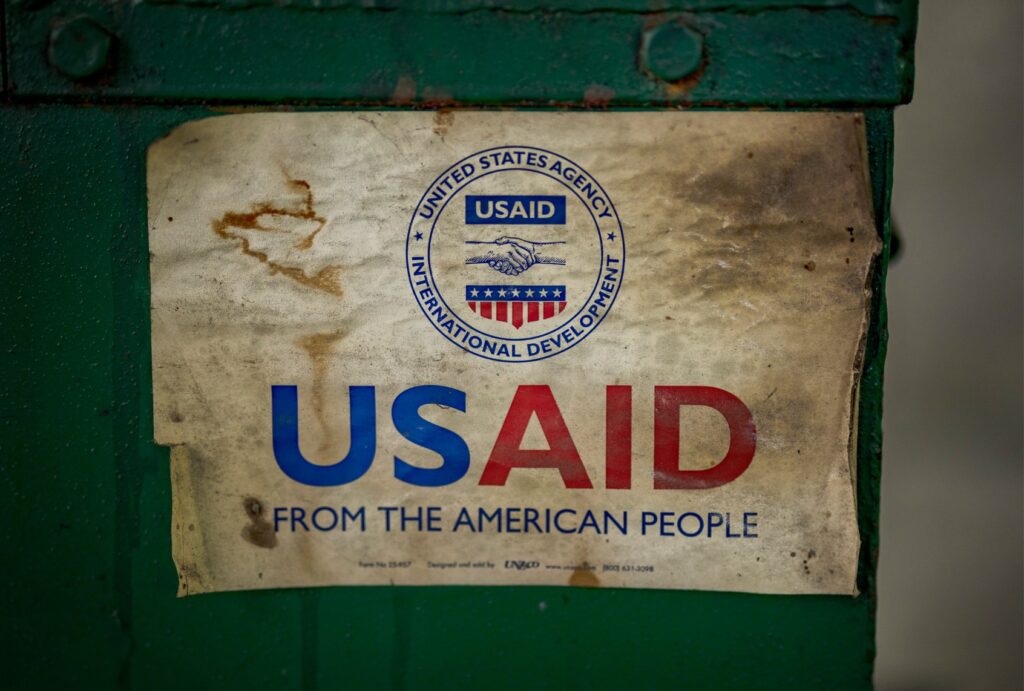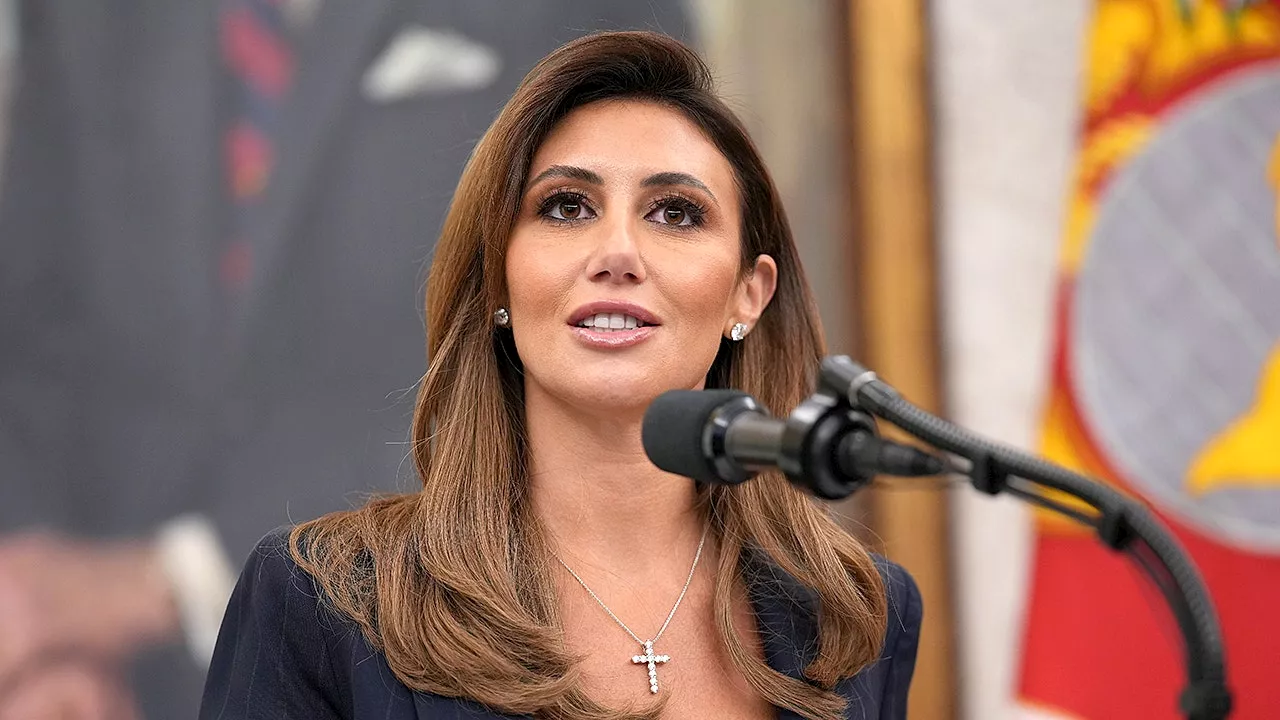
The recent reduction of the United States Agency for International Development (USAID) under the Trump administration has raised significant concerns about the future of global health and American influence abroad. Cuts to the agency, which has historically played a crucial role in humanitarian aid and development, threaten not only the health of millions but also the United States’ reputation as a global leader in soft power.
Historically, USAID has been synonymous with American humanitarian efforts, stemming from initiatives like the Marshall Plan, which helped rebuild Europe after World War II. Under the leadership of figures such as General George C. Marshall, the U.S. demonstrated the power of diplomacy and aid in fostering stability and goodwill. However, the current administration’s approach seems to disregard these principles, leading to a significant decline in funding and support for vital programs.
The situation reached a critical juncture in February 2025 when USAID funding for Zambia was slashed by a staggering 85%, dropping from $409 million in 2024 to just $61.6 million. This cut places immense pressure on critical health initiatives, particularly those aimed at combating HIV/AIDS. Under previous administrations, USAID’s contributions had been essential in reducing AIDS-related deaths in Zambia from 120,000 in 2001 to 19,000 in 2022, marking an 84% decrease.
Despite criticisms of inefficiency, former officials argue that the agency’s bureaucratic processes were designed to prevent waste and ensure accountability. The perceived inefficiency was often a protective measure rather than a flaw. As one contractor noted, “Outside auditors were never not in our offices,” emphasizing the high level of scrutiny each program faced.
The narrative of “waste” surrounding USAID was further fueled by mischaracterizations from the Trump administration. For instance, press secretary Karoline Leavitt falsely claimed that the agency had planned to spend $50 million on condoms for Gaza, when in fact, the funding was intended for family planning services in a region of Mozambique. This type of misinformation has contributed to a distorted public perception of USAID and its mission.
The ramifications of these budget cuts are dire. Experts warn that the loss of resources will lead to increased rates of disease and mortality. For instance, while funding for HIV/AIDS initiatives has sharply declined, the need for consistent support is critical. The previous ten-year average for USAID’s HIV/AIDS program in Zambia was $147.7 million. With the current budget proposal, the agency’s ability to deliver life-saving therapies will be severely compromised.
In addition to HIV/AIDS, the fight against malaria has also been jeopardized. The U.S. has historically provided about one-third of anti-malarial funding in Zambia. However, the proposed cuts could reverse years of progress in reducing malaria incidence, which has dropped by two-thirds since 1996 due to effective funding and programs.
The impact of these cuts extends beyond international borders. The National Institutes of Health (NIH), which is the largest funder of biomedical research globally, faces similar challenges. The Trump administration’s budget reductions have led to the termination of at least 113 clinical trials across the United States, affecting thousands of patients. Many of these individuals rely on innovative therapies that are now at risk.
The broader implications of these decisions also affect the United States’ credibility on the global stage. As nations look for partners, the abandonment of commitments by the U.S. may push them towards other powers, most notably China. In a world that increasingly values collaboration, the perception of the U.S. as a reliable ally is deteriorating.
In conclusion, the cuts to USAID under the Trump administration represent more than just a fiscal decision; they signify a retreat from the long-standing American commitment to global health and humanitarian assistance. As the consequences of these actions unfold, the question remains: what will this mean for the millions of people who depend on U.S. aid, and how will it shape America’s role in the world moving forward?







